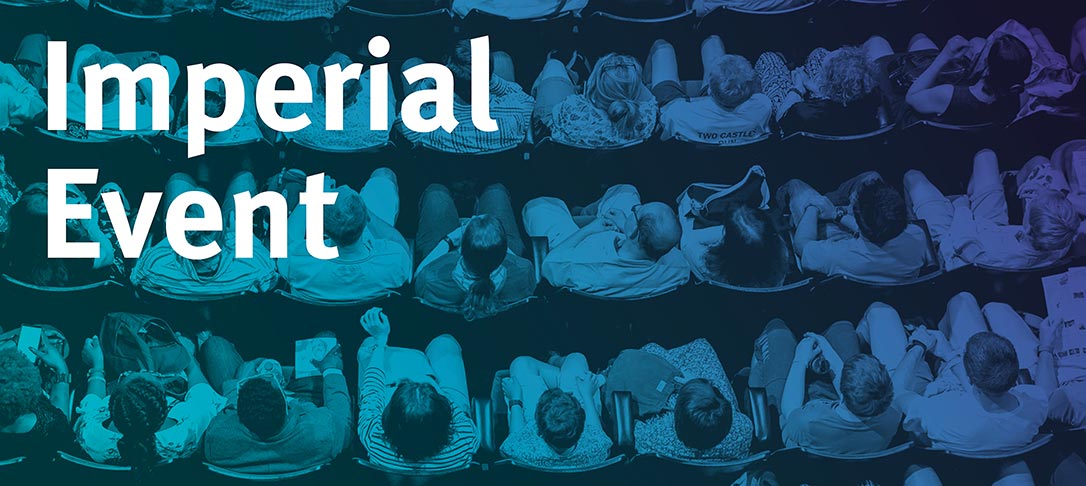
Talk Title
Efficient AI for Low-Power Microcontrollers
Talk Summary
tinyML, characterized by its low-cost, privacy-preserving, and energy-efficient architecture, represents a paradigm shift in computing. In this talk, the group will delve into key techniques and pipelines for building and deploying models on tiny edge devices, exploring the latest advancements in microcontroller technology, including multicore processors, expanded memories, and on-board TPUs and Neural Accelerators. They will provide an overview of optimization techniques for extreme edge computing, such as Quantization, Pruning, Sparsification, Binarization, Knowledge Distillation, Multitasking, and Neural Network Search.
Additionally, they will discuss the ongoing efforts to develop deployable, contextual, and personalized models with on-device learning, emphasizing distributed and parallel learning using cooperative techniques and low-power communications. Furthermore, they will give insights into the Arm_Ethos_U55 neural accelerator and its efficient model weight compression capabilities and touch upon memory-bound model optimization techniques like pruning and clustering, highlighting their significant impact on performance and power consumption reduction.
The group will also present a project involving the development of an Algae-powered Machine Learning inference device: This device was built using a reliable and renewable Biological Photovoltaic Cell connected to the ultra-efficient Arm Cortex M0+ chip. The team at Arm built the board and developed the software to run a Machine Learning model on the device.
Speaker Bios
Professor Eiman Kanjo is the Provost’s Visiting Professor in tinyML at Imperial College London. She is recognized among the Top 50 Women in Engineering and is a recipient of the Turing Network Development Award. She is actively involved with the tinyML Foundation, serving on the steering committee for tinyML Research Symposium, tinyML EMEA as a publication chair, and as the tinyML UK academic lead. Additionally, she is an editorial member of the Data Centric Engineering Journal and an Associate Director at Health Data Research UK Midlands. Prior to her current roles, she conducted significant research at the Computer Science departments at both the University of Cambridge and the University of Nottingham. Currently, she is also a Professor of Pervasive Computing at Nottingham Trent University, leading the Smart Sensing Lab.
Gian Marco Iodice is a team and tech lead in the Machine Learning Group at Arm, he is an experienced edge and mobile computing specialist who is renowned for his contributions to machine learning and HW/SW co-design for embedded systems. Within Arm, he leads the engineering developments for Generative AI and the Arm Compute Library, which he co-created in 2017 to run ML workloads as efficiently as possible on Arm processors. The Arm Compute Library, designed to deliver the best performance across Arm Cortex-A CPUs and Mali GPUs, is deployed on billions of devices worldwide, from servers to smartphones. In 2023, he collaborated with the University of Cambridge to integrate ML functionalities on an Arm Cortex-M microcontroller powered by algae.
Omar Al Khatib is a Software Engineer in the Machine Learning Department at Arm and a member of the TinyML Committee. He has worked under the guidance of Gian Marco on an algae-powered Cortex-M microcontroller running machine learning inference. Omar is passionate about enabling Machine Learning on low-power and/or edge devices; specifically, from the software optimisation side.
George Gekov is a Senior ML Applications engineer in Arm. George is responsible for helping Arm partners run ML workloads on low-power CPUs and ML co-processors, he has a breadth of experience in compiling, optimizing & deploying neural networks on embedded microprocessors.
Time: 13.00 – 15.00
Date: Tuesday 11 June
Location: Hybrid Event | Online and in I-X Conference Room, Level 5
Translation and Innovation Hub (I-HUB)
Imperial White City Campus
84 Wood Lane
W12 0BZ
Link to join online via Teams.
Any questions, please contact Andreas Joergensen (a.joergensen@imperial.ac.uk).